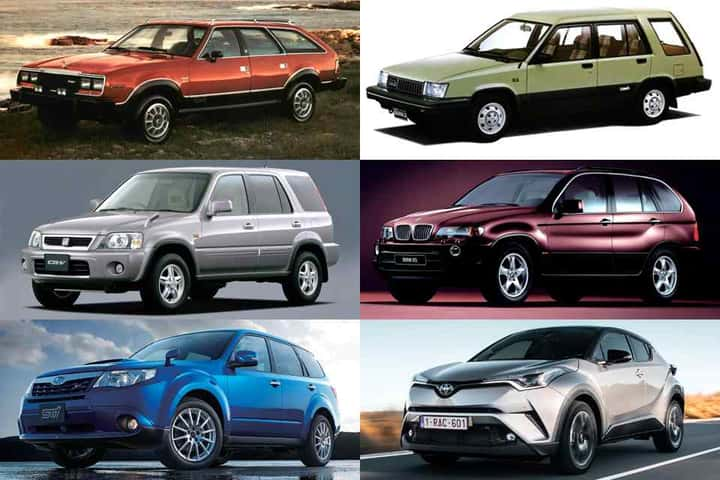The automotive world is no stranger to niche markets, but the rise of the crossover coupe raises the question: are we witnessing a genuine evolution or simply a passing fad? The BMW X4, first unveiled at the 2014 New York Auto Show, arguably spearheaded this category, blending the higher ride height and practicality of an SUV with the sloping roofline and purported sportiness of a coupe․ But beyond the aesthetic appeal, does this combination truly offer a compelling package for consumers? The emergence of the crossover coupe prompts a deeper look into the motivations behind its design and its ultimate success in the marketplace․
Defining the Crossover Coupe: A Hybrid Approach
To understand the allure (or lack thereof) of the crossover coupe, it’s crucial to define its key characteristics․ These vehicles typically share the following attributes:
- SUV Underpinnings: Built on a platform derived from an SUV, providing a higher ground clearance and often available with all-wheel drive․
- Coupe-Inspired Roofline: A sloping roofline that mimics the silhouette of a traditional coupe, sacrificing some rear headroom and cargo space․
- Sporty Aesthetics: Design cues intended to convey a sense of athleticism and performance, often including aggressive styling elements․
This combination aims to offer the best of both worlds – the practicality and versatility of an SUV with the style and driving experience of a coupe․ However, compromises are inevitable․
The Appeal and the Drawbacks
The popularity of the crossover coupe stems from a desire for individuality and a rejection of conventional SUV designs․ Consumers seeking a vehicle that stands out from the crowd may find the unique styling of a crossover coupe appealing․ Furthermore, the elevated driving position provides a sense of security and improved visibility․
However, the sloping roofline inherent in the design often leads to reduced rear headroom and cargo capacity compared to traditional SUVs․ This can be a significant drawback for families or individuals who prioritize practicality․ The “sporty” driving experience promised by the coupe-inspired design may also fall short, as the higher center of gravity and increased weight of an SUV can compromise handling and agility․ So what can we expect?
A Comparison: SUV vs․ Crossover Coupe
| Feature | SUV | Crossover Coupe |
|---|---|---|
| Headroom | Generally more | Generally less in the rear |
| Cargo Space | Generally more | Generally less |
| Styling | More traditional, practical | More distinctive, “sporty” |
| Price | Can vary widely | Often priced higher |
The Future of Crossover Coupes
Whether the crossover coupe proves to be a lasting trend or a fleeting fancy remains to be seen․ However, its impact on the automotive landscape is undeniable․ The continued success of these models will depend on manufacturers’ ability to refine the design, improve practicality, and deliver on the promise of a genuinely engaging driving experience․ In the final analysis, the ultimate verdict rests with the consumers who must decide whether the unique blend of style and functionality offered by the crossover coupe justifies the compromises involved․ One thing is for sure, the X4 certainly made an impact․


